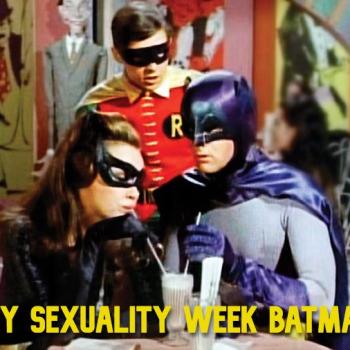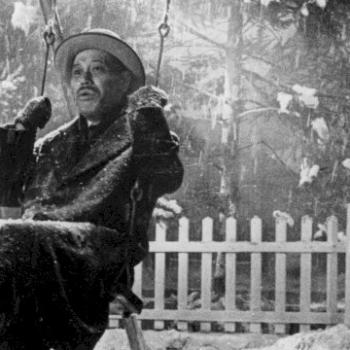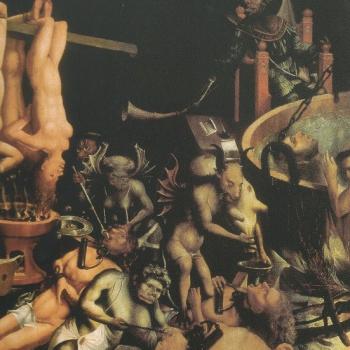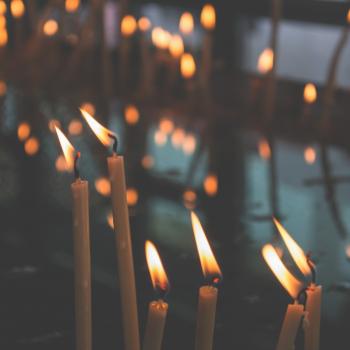I want to be clear here that I do not think this is representative of the hearts of all Democrats. The party saw an earlier controversy over mentioning God in the election platform in 1992, but there are Christians, Jews, and Muslims in the Democratic Party who believe in God as wholeheartedly as they believe in freedom of religious belief.
What was new this year was the outright hostility shown by a number of convention delegates. During a convention session on September 5, Los Angeles Mayor Antonio Villaraigosa posed the question three times whether the party should include a reference to God in its platform—and three times, the "Ayes" were drowned out by a roar of "Nays," accompanied by an explosion of boos.
The party leadership decided to incorporate the reference to God anyway, overriding the thrice-reiterated objection from the delegates. It isn't clear why they chose to mention God (once) in the 2012 platform, whereas they declined to name Him in the 1992 platform. Beyond simple inconsistency, one possibility is that at least some Democrats share the growing sense among Americans in general that something very big is going on in our world, and that God is someone we need to be right with, as the alarms increase and the trials mount.
Six days later, on September 11, the eleventh anniversary of the 2001 attacks on the World Trade Center and the Pentagon, the American ambassador to Libya and three other Americans were killed by terrorists. In Egypt, the U.S. embassy in Cairo was stormed by Egyptian radicals who chanted, "We are all Osama!" The U.S. flag was burned, and the "ar-Raya," the "black flag of jihad," was raised over the embassy by the attackers.
Muslims from many backgrounds have condemned and been sickened by the attacks; the point here is not an indictment of Islam or Muslims. But the sense of America being catapulted back to the late 1970s is inescapable—and indeed, in some ways the current situation seems less predictable than those grinding years of the Cold War, and less tethered to dependable, commonly acknowledged principles of order.
I believe it is unwise, if your heart and conscience are prompting you, to not be thinking about God in these days. There is now a certain superannuated odor to the formulaic protestations of politics and ideology; it is as if an age is ending, and their long supremacy over the public consciousness is collapsing. I myself don't think that this transition will obviate the American idea of religious and intellectual freedom. But I do think we are detecting the death knell for the idea of state-oriented, ideological collectivism. Indeed, God was always going to outlive that ugly, often grotesque passage in the life of man.
There will be more to say about this as the days unfold before us. I will leave you with a key point I am pondering in the wake of my crisis with the bird mites. As I prepared to leave town, I had a strong impression in my mind of one particular thought: that God needs us to do more than run to Him for refuge when we are in trouble. He needs us to walk in power.
Those exact words—"walk in power"—are the ones that have stayed with me. I don't know that I'm even clear on what they mean, precisely. But I think our living generations are going to find out.





